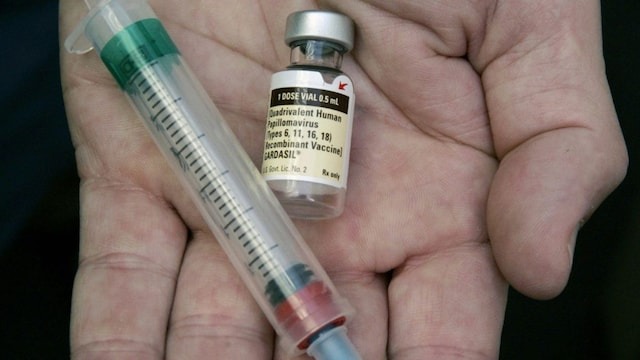
New Delhi: Women in their late 40s and 50s often experience perimenopause, the transition phase leading to menopause. This phase brings significant hormonal changes, affecting both overall health and sexual desire. While some women may notice an increase in libido, others struggle with reduced sexual desire, mood swings, and physical discomfort.
Since perimenopause can impact both physical and emotional well-being, understanding and communication between partners is essential to navigate this phase smoothly.
How Does Perimenopause Affect Libido?
Dr. Nirmala M, Consultant Obstetrician, Gynaecologist & Fertility Specialist at Motherhood Hospitals, Whitefield, Bengaluru, explains that hormonal fluctuations during perimenopause play a key role in altering libido.
Hormonal Changes That Affect Sexual Desire:
- Decline in Estrogen, Progesterone, and Testosterone – Leads to vaginal dryness, reduced blood flow, and discomfort during intercourse.
- Anxiety, Mood Swings & Depression – Emotional stress can lower the desire for intimacy.
- Poor Sleep Quality – Hormonal imbalances often cause insomnia, leading to fatigue and lower energy levels.
- Body Image Concerns – Many women gain weight during perimenopause, leading to self-consciousness and lower confidence in intimacy.
These factors combined can reduce a woman’s willingness to engage in sexual activity, making it important to address both physical and emotional changes.
Is There a Treatment for Low Libido During Perimenopause?
While perimenopause is a natural phase, several lifestyle changes and medical treatments can help improve libido and overall well-being.
Lifestyle Changes That Help:
Exercise & Yoga – Regular aerobics, meditation, and yoga can improve mood, sleep, and energy levels.
Balanced Diet –
- Include calcium-rich foods (cheese, milk) for bone health.
- Omega-3 sources (fish, nuts, seeds) boost mood and energy.
- Leafy vegetables & fruits help maintain hormone balance.
Avoid processed foods, sugary drinks, smoking, and spicy foods, which can worsen symptoms.
Seeking Medical Help:
- Talking openly with a partner can ease emotional stress.
- Consulting a healthcare professional can help explore hormone therapy, vaginal moisturizers, or counseling if needed.
Conclusion: Breaking the Silence on Perimenopause
Perimenopause brings significant physical and emotional changes, often affecting a woman's confidence, libido, and overall well-being. Understanding this phase and discussing concerns with partners and healthcare providers can help women navigate this transition with confidence.
Education and awareness are crucial—by addressing perimenopause openly, women can make informed decisions about their health, relationships, and overall quality of life.

 Desk
Desk Share
Share






